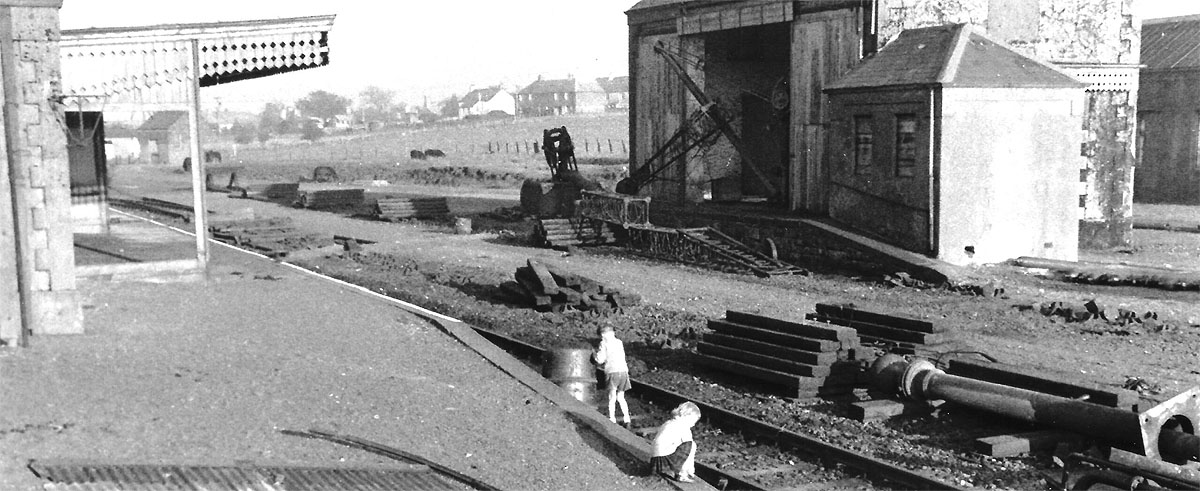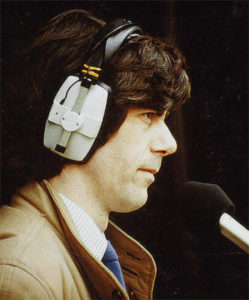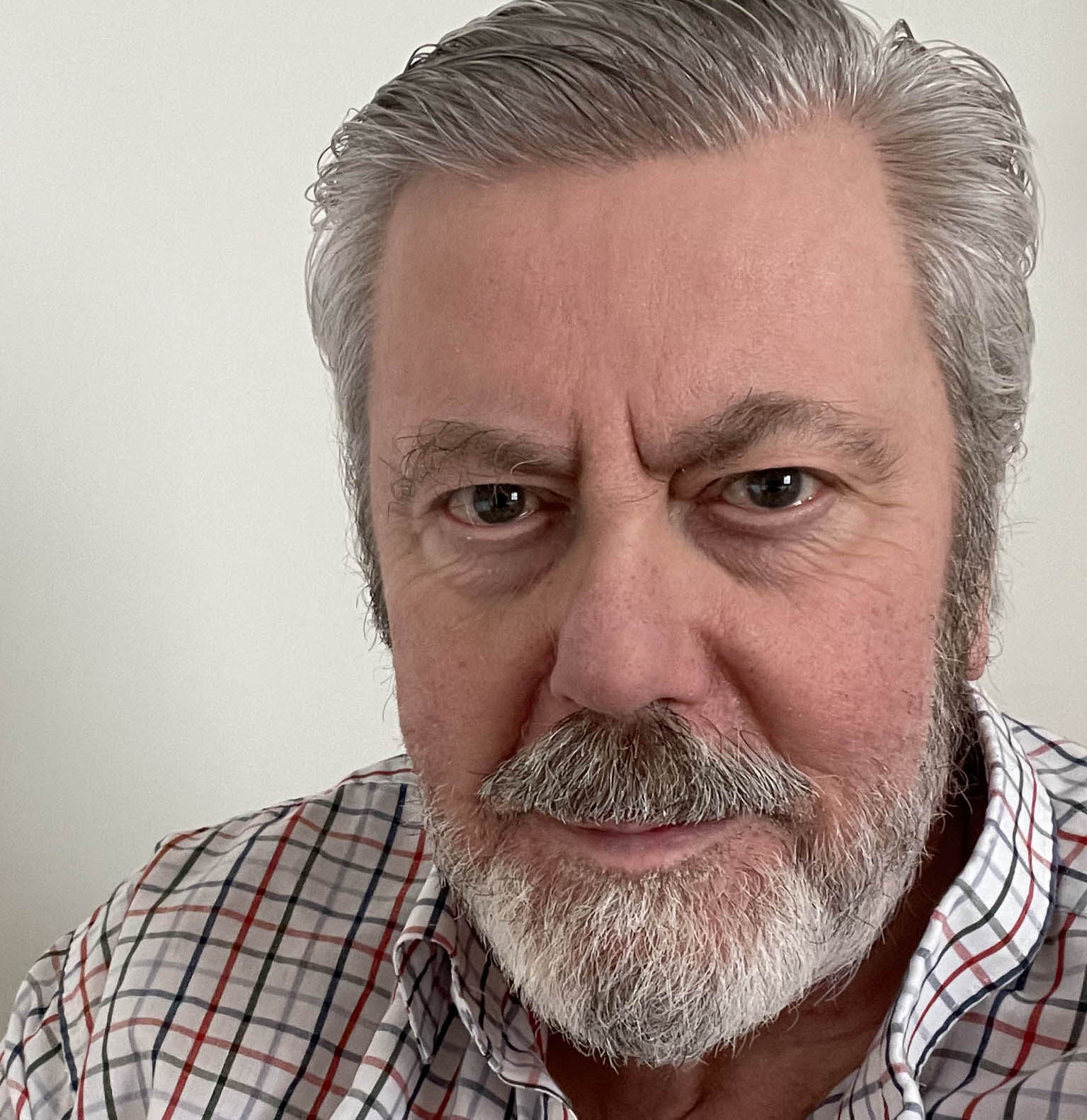 As a broadcaster I have worked with radio and television networks in the UK. Since 1972 my voice has been heard on British independent television stations, some BBC and independent radio outlets. I have also worked with state broadcasters in countries in Europe and Africa. These days, now retired, my radios at home are fixed to Radio 4 and the World Service.
As a broadcaster I have worked with radio and television networks in the UK. Since 1972 my voice has been heard on British independent television stations, some BBC and independent radio outlets. I have also worked with state broadcasters in countries in Europe and Africa. These days, now retired, my radios at home are fixed to Radio 4 and the World Service.
News and current affairs are like the heartbeat of my day. Yet, I’ve learned to balance this fascination with a sense of detachment. While I stay informed, I refuse to let the constant stream of information consume me entirely.
My approach to news is akin to a curious observer rather than a captive audience. I delve into the stories that pique my interest, absorbing the facts and perspectives offered, but always maintaining a critical eye. I believe in the power of knowledge, but I also recognise the importance of disconnecting from the noise to maintain clarity of thought.
‘m’Blog serves as a reflection of this delicate balance. It’s a space where my rare and occasional scribblings find a home, capturing moments of inspiration or contemplation that arise amidst the chaos of daily life. While I’m not one to broadcast my every thought across every social platform, you can find snippets of me on ‘X’ , where I engage selectively with a community that shares my interests and values.
Links to other aspects of my identity are neatly tucked away in the top menu of this page, inviting visitors to explore the various facets of who I am beyond just my musings on news and current affairs. In a world that’s constantly vying for attention, I’ve learned to carve out a space that allows me to stay informed without losing sight of what truly matters to me.
Whither Waugh?
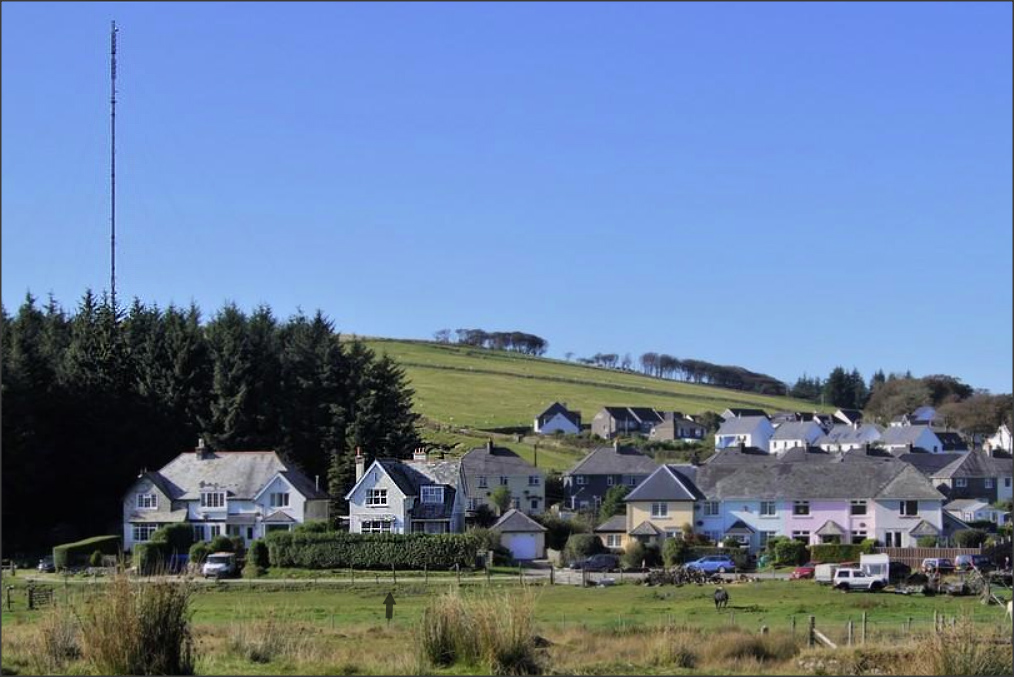 Princetown on Dartmoor in Devon. We lived near the former branch railway in the Stationmaster’s House between 1957-1962. The somewhat truncated mast is the BBC North Hessary Tor television and radio transmitter where my late father (Alec Ian Waugh) worked. Dad had joined the BBC, aged 17, in January 1944. He commenced his career at Start Point, South Devon, transmitting the BBC European Service to the German occupied continent. My notes regarding North Hessary Tor are here. We moved to nearby Tavistock just before the infamous winter of 1962/63.
Princetown on Dartmoor in Devon. We lived near the former branch railway in the Stationmaster’s House between 1957-1962. The somewhat truncated mast is the BBC North Hessary Tor television and radio transmitter where my late father (Alec Ian Waugh) worked. Dad had joined the BBC, aged 17, in January 1944. He commenced his career at Start Point, South Devon, transmitting the BBC European Service to the German occupied continent. My notes regarding North Hessary Tor are here. We moved to nearby Tavistock just before the infamous winter of 1962/63.
Station Road, Princetown before 1930 paints a picturesque scene, with the 35-year-old station master’s house standing proudly alongside an active railway station. The Princetown branch service, a lifeline for the community since its opening in 1883, had sadly met its end in 1956, leaving behind echoes of a bygone era.
As GWR personnel moved out, my parents and I seized the opportunity to make the station master’s house our home. While the tracks of England’s most beautiful railway were ripped up, we breathed life into the old station master’s house.
The former station buildings were demolished in 1960. Between 1957 and the demolition, the dilapidated railway station stood as a haunting yet enticing playground for us kids, as this recently discovered photograph vividly portrays. Amongst the rubble and overgrown tracks, we found our own world of adventure, a place where imagination ran wild amidst the echoes of bygone locomotives. Climbing through broken windows and exploring darkened passageways, each step was a thrill tinged with just the right amount of danger to make it exhilarating. In that forgotten corner of Dartmoor, we carved out memories that would last a lifetime, unaware of the historical significance that lay beneath our feet.
Read more of my Princetown Railway research here.
Devon is where I have my roots buried deep over many generations. I was born over the border in Dorset where my Dad was based with the BBC. A true Devonian, my late father, mother and I returned to Devon in 1957 when I was three years old. I was brought up in West Devon, went to school there and worked in the county for many years. It is my home place, I know it and it is part of the blood running through me. I have spent much of my life in London living at various times from Islington to Croydon, Harrow to Richmond. I currently live in East Anglia.
On air
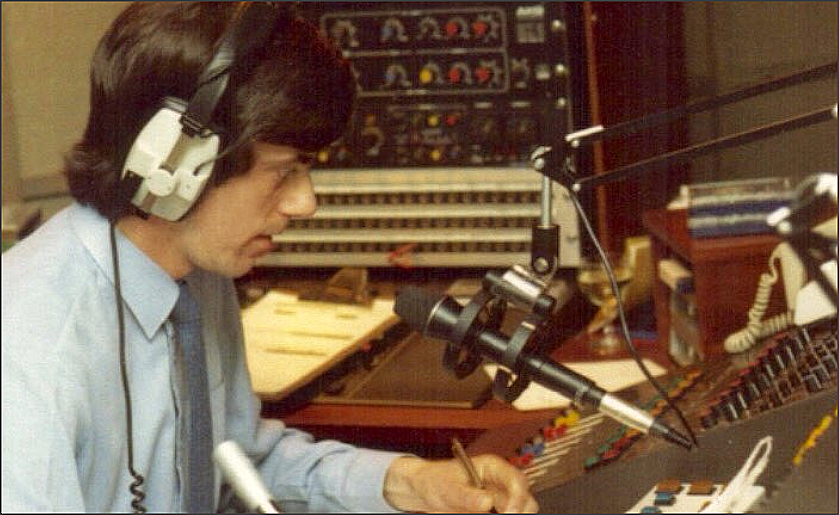
I come from a broadcasting background – my father and other relatives worked at the BBC – I followed in their footsteps.
My first job opportunity in broadcasting began in 1972 as a “voice” (meaning doing voice-overs). This was at ITV and Independent Radio in the UK and, after that, I worked on a freelance basis for a number of years in television and radio, mainly in commercial broadcasting.
With the start of commercial radio in East and South Devon I became a daily programme presenter and later Head of Presentation. Being a ‘local lad’ my listener was my friend – my neighbour. From 1987 onward I freelanced for stations across southern England .
Out of England
Following my work in commercial radio, I went to an organisation funded by the British Council and travelled abroad to work in Zimbabwe, Malta and Namibia. The aim of the projects was to coach state broadcasters. I went to Zimbabwe in 1987 (at a time when things in that country were much less volatile). I was in Malta from 1988 until 1992 and also Namibia in the early 90’s.
As well as training in broadcasting, the point was also to promote English language skills through broadcast media.
Ian Waugh – the historian
 As an historian I advise those seeking information relating to events and stories in the British national and regional newspapers between 1750 – 1950. This generates significant enquiries from users worldwide who are interested to know more about a criminal or other events in their family history (more here and here). I am slowly but surely digitising my collections of Georgian, Victorian, Edwardian and early 20th century personal letters, documents and photographic images acquired over several decades. This process is currently ongoing and is gradually revealing itself here.
As an historian I advise those seeking information relating to events and stories in the British national and regional newspapers between 1750 – 1950. This generates significant enquiries from users worldwide who are interested to know more about a criminal or other events in their family history (more here and here). I am slowly but surely digitising my collections of Georgian, Victorian, Edwardian and early 20th century personal letters, documents and photographic images acquired over several decades. This process is currently ongoing and is gradually revealing itself here.
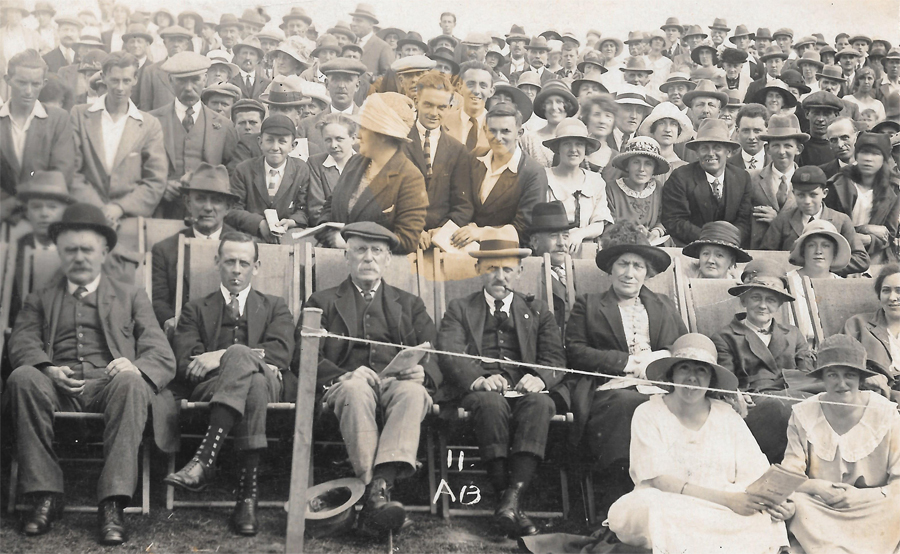
As an amateur historian, I’ve had a lifelong fascination with British history. My focus lies in British social history, particularly in understanding the lives of ordinary people, including their experiences, emotions, and perspectives.
I find value in preserving records and artefacts left behind by individuals, such as letters, photographs, and personal documents. Exploring these personal stories allows for a more profound comprehension of historical events and their impact on the present.
By studying the lives of everyday people, we gain insights into the challenges and triumphs they faced.
Researching this field provides valuable insights into how people lived and navigated challenges throughout different historical periods. Understanding social movements and cultural developments contributes to a deeper appreciation of how British society has evolved.
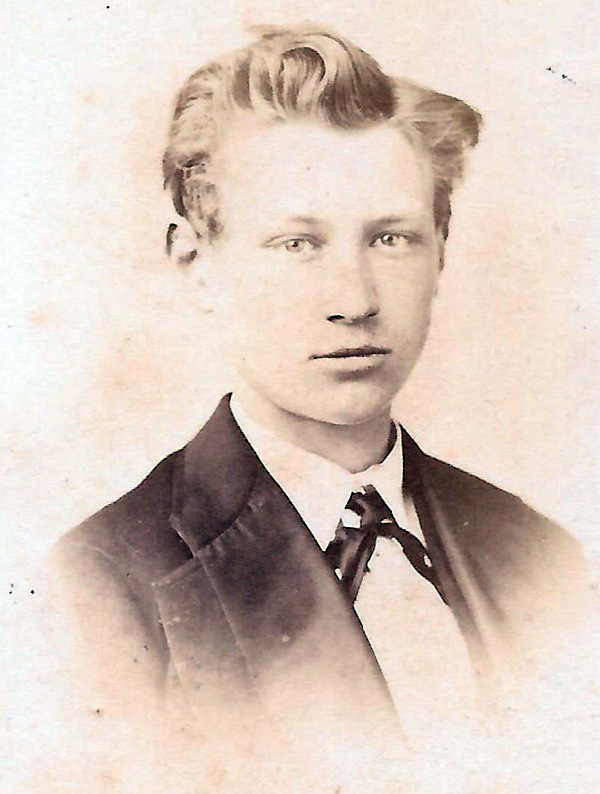
Platforms like the British Library’s digital collections provide convenient access to a wide range of historical materials.
Archives, letters, and ephemera left by ordinary British people serve as invaluable resources for understanding the past. They offer personal glimpses into the lives and experiences of everyday people, going beyond official records.
In many cases, these archives and documents may be the only surviving record of a person’s life. See my collections here.
Remembering ordinary people provides a deeper understanding of the past and how people lived their lives. Studying personal collections offers insight into the cultural, social, and historical context of specific time periods.
Preserving these collections acknowledges and celebrates the contributions of individuals who, though considered “ordinary,” played important roles in their own right.
Historical research brings to life interesting stories, personalities, and events that may have otherwise been forgotten.
In summary, the study of British social history, fuelled by a passion for ordinary lives and enriched by accessible resources, offers a comprehensive understanding of the past and its enduring impact on contemporary society.
You can see some of my growing digitised archive, the stories and lives of ordinary folk on my website, Old Days, here.
My Life
Overcoming Adversity: My Journey through health challenges in the 1990s
In the early 1990s, I faced significant health challenges that tested my resilience and determination. Dealing with two strokes and osteoarthritis left me partially immobilised and profoundly disabled. Despite these obstacles, I remain committed to actively participating in all aspects of life.
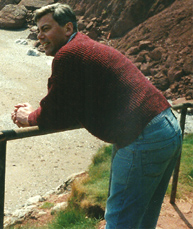
Embracing Challenges: Defying Limitations and Redefining Success
Every day presents new hurdles to overcome, but I refuse to let them define me. Instead, I embrace each challenge as an opportunity to grow and adapt. Leveraging the power of technology, I continuously seek innovative solutions to enhance both my personal and professional life.
Harnessing Technology: Transforming My Life
Technology has been instrumental in empowering me to lead a fulfilling life despite my physical limitations. Through creativity and resourcefulness, I have developed innovative strategies to navigate daily tasks and achieve success in both my personal and professional endeavours.
My Journey: Inspiring Others Through Resilience and Innovation
As I continue to navigate life’s challenges with determination and ingenuity. I can defy limitations, embrace opportunities, and inspire others to overcome adversity with courage and creativity.
If you wish to get in contact, please click here.


